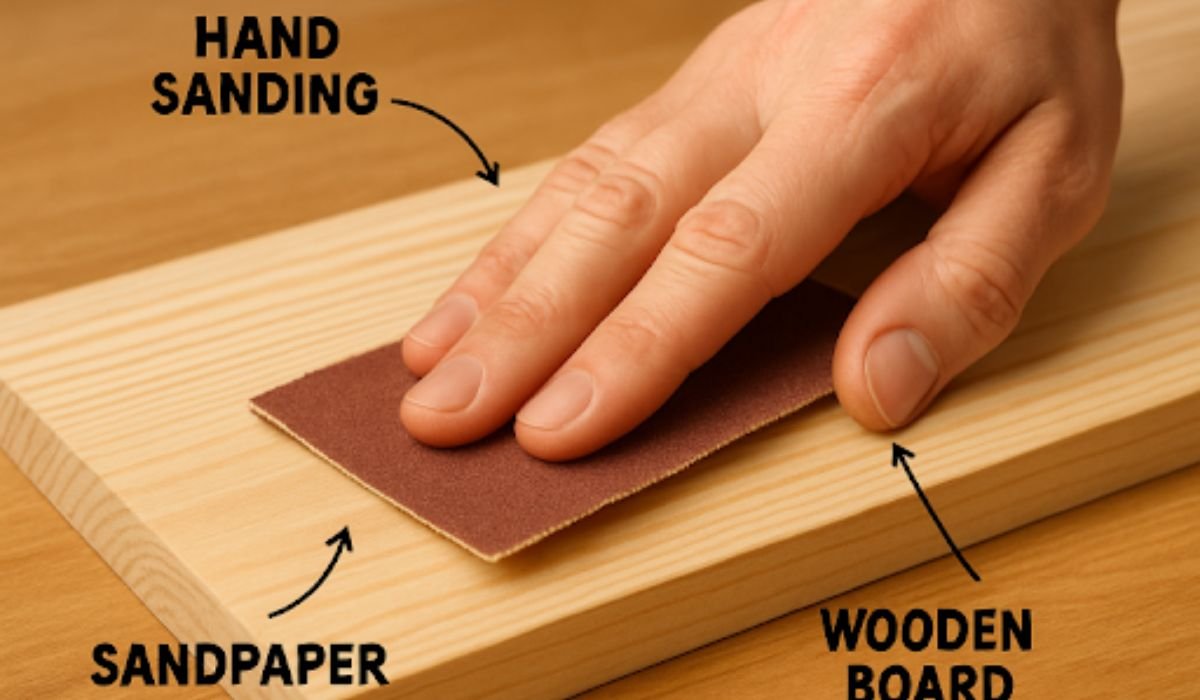Key Takeaways
- Regular well pump maintenance extends the lifespan of your system and ensures optimal performance.
- Recognizing frequent problems can aid in early identification and avoidance of expensive repairs.
- Implementing simple seasonal maintenance tips can improve water quality and system efficiency.
Why Well Pump Maintenance Matters
A well pump is indispensable for homes reliant on groundwater. This vital component of a rural or suburban water supply system efficiently channels water from underground reservoirs to household faucets and fixtures. A minor glitch could escalate into significant issues without regular check-ups and fair well pump repair, potentially disrupting the water supply and incurring substantial repair costs. Regular maintenance ensures water flows without interruption and helps avoid sudden breakdowns or costly emergencies.
The benefits of routine pump maintenance extend beyond reliability. A well-functioning pump offers better water pressure, energy efficiency, and quality. During maintenance, professionals look for symptoms of potential problems such as decreasing water pressure, odd sounds, or electrical malfunctions, all of which can be corrected before they become serious.
How Often Should You Schedule Maintenance?
Deciding how frequently to service your well pump involves assessing various factors, including regional water quality and the extent of use. Experts typically recommend an annual inspection to cover this need comprehensively.
In high-use systems or areas where water contamination is noted, bi-annual inspections might be beneficial to preempt frequent failures or repairs. Routine servicing assures homeowners that their water system works unnoticed in the background, delivering fresh water every time a tap is turned on.
Understanding Common Well Pump Problems
Awareness of common well pump issues can dramatically cut down on repair costs. A sputtering faucet, for instance, could suggest trapped air in the lines, while unusual noises often point to mechanical or motor issues. Additionally, sudden hikes in energy bills can be a sign of inefficiencies or malfunctioning pump components.
The implications of these problems stretch beyond mechanical failure. Unchecked issues could lead to contaminated water supplies, posing health hazards. Regular monitoring for sediment or rust in water lines helps maintain the pump’s efficiency and safety.
Steps for a Basic Maintenance Routine
A practical maintenance regimen can extend your well pump’s life and improve efficiency. Performing simple checks regularly empowers homeowners to stay ahead of problems. Here’s a step-by-step routine to consider:
- Pressure Checks: Verify that your system operates within the ideal 40-60 psi pressure range. Pressure deviations can strain the pump, causing premature wear.
- Leak Inspections: Inspect visible pipes and joints regularly for leaks that signal pressure issues or affect water quality, leading to increased bills and damage.
- Motor Evaluation: Listen for normal humming, and be alert for grinding sounds that might indicate internal component problems needing immediate attention.
- Area Maintenance: Keep the surrounding area of the pump clear of debris and other objects that could cause overheating or physical damage.
- Water Clarity Tests: Periodically draw a water sample and examine it for cloudiness or unusual coloration, which could hint at a more significant system issue.
Seasonal Maintenance Tips
Each season presents unique challenges for well pump systems, making tailored maintenance essential. Winter often demands the insulation of pipes to circumvent freezing, a condition that can lead to burst pipes and halt water flow. Conversely, in the sweltering summer months, the focus should shift to clearing vegetation and debris around the pump to mitigate overheating risks. Regular outdoor maintenance tasks such as these not only keep water flowing smoothly but also serve to preserve the pump’s physical integrity.
What to Expect During a Professional Inspection
A professional inspection brings peace of mind through a comprehensive audit of your well pump system. Technicians check vital aspects like electrical connections, pressure levels, and pump motor efficiency. Such evaluations often extend to the water, gauging its purity and portability through tests designed to catch contaminants early.
Professionals are trained to address diverse issues, offering fixes and recommendations for optimal pump care. They provide insights tailored to the system’s specific challenges and needs, ensuring continuous water flow for years.
Choosing the Right Well Pump Professional
Securing the services of a qualified and reliable professional is pivotal to effective well pump maintenance. Consider experience, certifications, and customer feedback when making your selection. Certified technicians can identify problems quickly and offer permanent solutions tailored to your system’s needs.
The right professional doesn’t just fix issues; they offer strategic maintenance plans that enhance your well pump system’s efficiency. Their guidance can inform your maintenance schedule, the selection of parts, and preventive actions, effectively prolonging the life of your pump.











